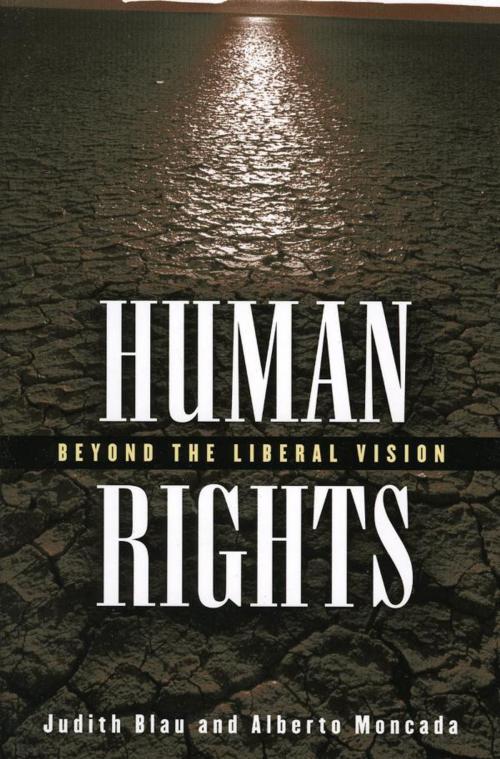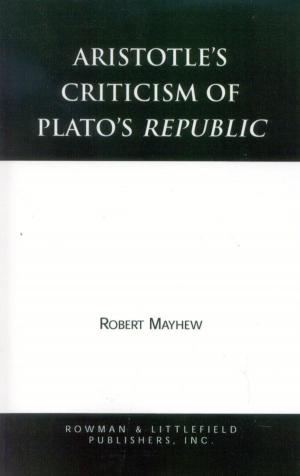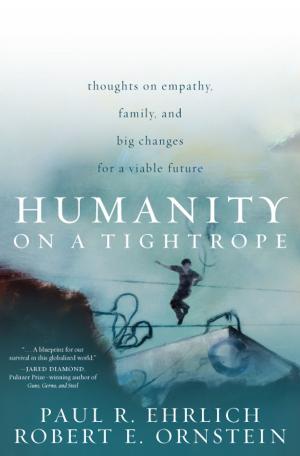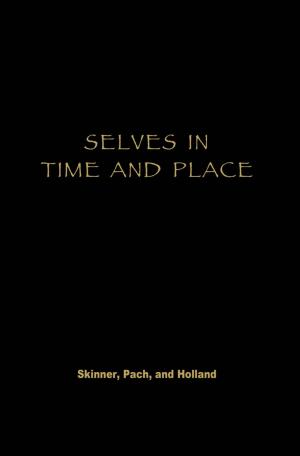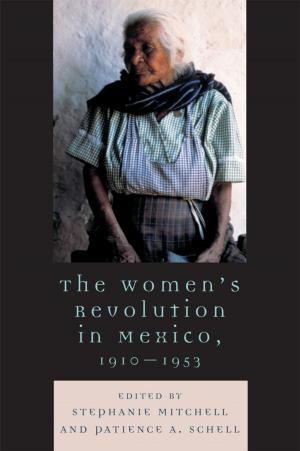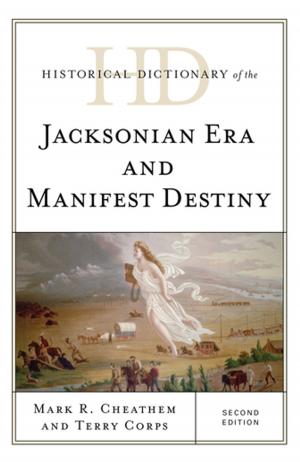Human Rights
Beyond the Liberal Vision
Nonfiction, Social & Cultural Studies, Social Science, Sociology| Author: | Judith Blau, Alberto Moncada | ISBN: | 9781461637530 |
| Publisher: | Rowman & Littlefield Publishers | Publication: | February 25, 2005 |
| Imprint: | Rowman & Littlefield Publishers | Language: | English |
| Author: | Judith Blau, Alberto Moncada |
| ISBN: | 9781461637530 |
| Publisher: | Rowman & Littlefield Publishers |
| Publication: | February 25, 2005 |
| Imprint: | Rowman & Littlefield Publishers |
| Language: | English |
There is growing recognition around the globe that people's fundamental human rights are being imperiled in a world economy that is being driven by multinationals, investors, and banks. The 'race to the bottom' and insatiable greed has intensified poverty and economic inequalities, fueled migration, and rapidly accelerated environmental degradation. The fates of all nations are interdependent and even though the U.S. is the prime driver of the new economy, Americans have likewise experienced declines over the past decades. Blau and Moncada outline the fundamental human rights that all people are entitled to and the important role that nations have in upholding these rights. Americans find it somewhat difficult to accept the basic premise of human rights because liberalism, as a social, political, and economic ethos powerfully undercuts the premise of human rights. American liberalism highlights the efficacy of individual achievement and individual autonomy, thereby promoting the idea that people have no rights to security. . Human rights, in contrast to the liberal ethos, asserts that all humans have inalienable rights, including rights to a job, housing, social security, education, and a cultural, racial or ethnic identity. Under the conditions of a turbulent global economy, human rights need to be granted the highest standing. The authors consider global capitalism, as well as the role of the global media, and the problematic relationship between the state and society in America. In the final chapter, we review the many currents of transformative movements that are promoting a more equitable, fairer, and more egalitarian world.
There is growing recognition around the globe that people's fundamental human rights are being imperiled in a world economy that is being driven by multinationals, investors, and banks. The 'race to the bottom' and insatiable greed has intensified poverty and economic inequalities, fueled migration, and rapidly accelerated environmental degradation. The fates of all nations are interdependent and even though the U.S. is the prime driver of the new economy, Americans have likewise experienced declines over the past decades. Blau and Moncada outline the fundamental human rights that all people are entitled to and the important role that nations have in upholding these rights. Americans find it somewhat difficult to accept the basic premise of human rights because liberalism, as a social, political, and economic ethos powerfully undercuts the premise of human rights. American liberalism highlights the efficacy of individual achievement and individual autonomy, thereby promoting the idea that people have no rights to security. . Human rights, in contrast to the liberal ethos, asserts that all humans have inalienable rights, including rights to a job, housing, social security, education, and a cultural, racial or ethnic identity. Under the conditions of a turbulent global economy, human rights need to be granted the highest standing. The authors consider global capitalism, as well as the role of the global media, and the problematic relationship between the state and society in America. In the final chapter, we review the many currents of transformative movements that are promoting a more equitable, fairer, and more egalitarian world.
